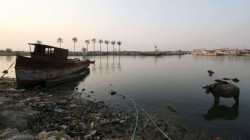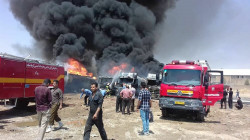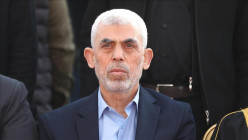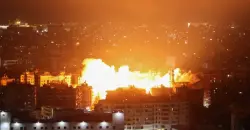Navigational signals scrambled in Tel Aviv after tensions with Iran
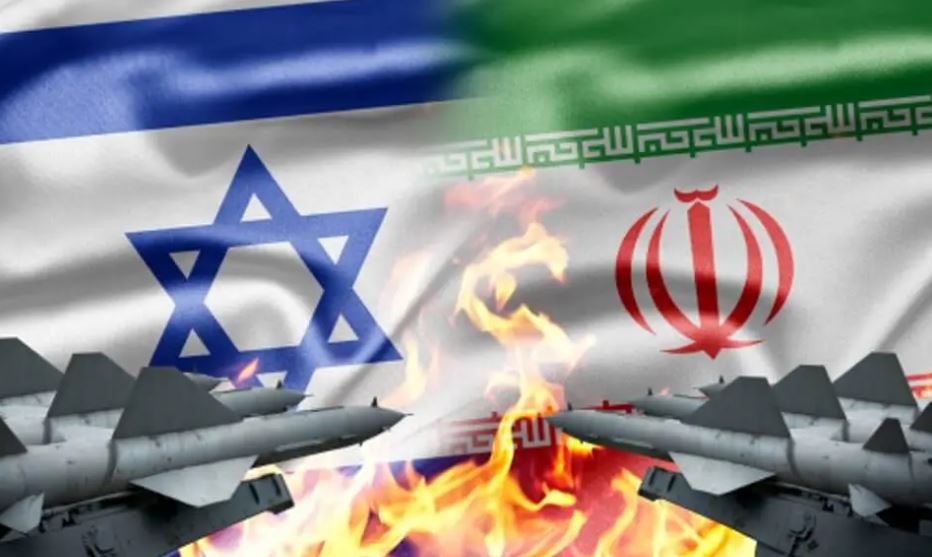
Shafaq News/ Navigational signals were scrambled over the Tel Aviv metropolitan area on Thursday as Israel braced for a potential Iranian attack on the economic center, causing disruptions in traffic, food delivery, and transportation applications.
Tel Aviv residents reported unusual discrepancies in their smartphone maps, with some apps showing them in Beirut, Lebanon.
"I took a 6-minute trip on a rental scooter in Tel Aviv and the app thinks I traveled 200km to Beirut," one resident in Israel wrote on social media.
The measures are believed to have been taken by Israeli officials to disrupt GPS-navigated drones or missiles that Iran or its proxies, mainly Lebanon's Hezbollah, might target.
Tensions escalated after a strike on an Iranian diplomatic compound in Syria on Monday, which Iran blamed on Israel and vowed to retaliate.
On Thursday, Iranian Supreme Leader Sayyid Ali Khamenei warned Israel that it would regret its actions following the bombing of the Iranian consulate in Damascus.
Khamenei posted on X platform in Hebrew, declaring that Israel "will regret, God willing, its aggression against the Iranian consulate in Damascus."
In another post, Khamenei declared that Israel "will receive a slap" for its attack on Syria.
The Israeli strike on the Iranian consulate building in Damascus, Syria, resulted in the death of at least 13 individuals, including Senior Revolutionary Guards commander Brig-Gen Mohammad Reza Zahedi.
Amos Yadlin, a former director of Israeli military intelligence, commented on the situation, saying, "We have good intelligence and good early warnings. But it may come, so be tuned."
While Israel has not issued new security directives to its citizens since the Damascus strike, the military has paused leave for all combat units and bolstered manpower in its air defense units.
It became common for Israel to scramble GPS signals over its northern airspace after attacks in October 2023 to confuse missiles launched by Hezbollah from Lebanon.
However, Thursday's GPS spoofing, affecting apps like Waze, Google Maps, and Gett Taxi, appeared to be the first time this tactic was extensively deployed in Tel Aviv since the conflict began.
Yadlin also suggested that Iran may attempt to strike Israel on Friday, the last day of Ramadan, but urged against panic, citing Israel's robust missile defense system. Any direct Iranian strike on an Israeli city would mark a major escalation and risk widening the conflict into a regional war.
Israel's actual nightmare, Hezbollah, is one of the most powerful paramilitary forces in the Middle East that has been deeply involved in intense, near-daily cross-border fighting with Israel since October 7, marking the most significant escalation since the 2006 war.
So far, approximately 280 Hezbollah members have been killed in Israeli attacks in southern Lebanon. Conversely, the group has targeted Israel with heavy missiles, resulting in the deaths of soldiers and the destruction of hundreds of military telecommunication towers.
Israel typically maintains a high level of secrecy regarding losses on its northern front.
The leader of Lebanon's Hezbollah group, Sayyid Hassan Nasrallah, stated on Friday that Israel's attack on Iran's consulate in Damascus this week signified a "turning point," indicating that an Iranian retaliation was "definitely coming."
"Be certain, be sure, that the Iranian response to the targeting of the consulate in Damascus is coming against Israel," Sayyid Nasrallah said in the televised speech marking Quds (Jerusalem) Day — an annual day of pro-Palestinian rallies held by Iran and its allies.
He also warned that Hezbollah had not yet deployed its main weapons in the ongoing exchanges with Israel, which have persisted for nearly six months since the Gaza conflict began.
"It could occur in Damascus or Beirut," he stated. "The enemy has suffered significant losses in various areas and is now seeking avenues for retaliation. We are prepared with a multi-layered defense."
